SU considers inaugural GovWeek successful despite low attendance
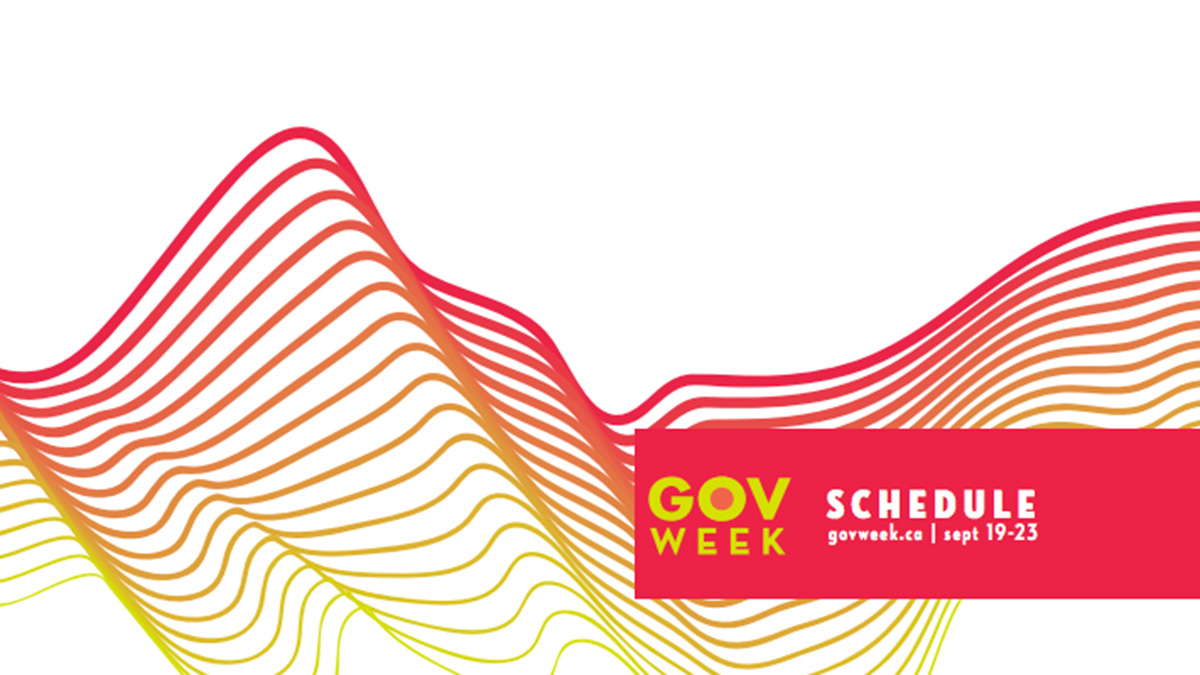 Supplied
SuppliedAfter four months of planning, the Students’ Union’s first GovWeek went under budget, but its attendance brought mixed results.
GovWeek, the Students’ Union’s governance orientation, hosted 62 events between September 19 to 23. Talks covered topics that ranged from the functions of the SU to advocacy in residence. Besides hosting a number of student speakers, Minister of Advanced Education Marlin Schmidt, and Edmonton Mayor Don Iveson also made keynote appearances.
SU Vice-President (Academic) Marina Banister said GovWeek’s primary goals were to inform students on how governance works, give campus groups a platform to reach students. The event also aimed to raise awareness around involvement opportunities — including running or voting in the Students’ Council fall by-election.
GovWeek faced low attendance — in the September 20 session of Students’ Council, Banister said between 80 and 140 students attended GovWeek sessions per day. If 140 students attended every day of GovWeek, that would mean a total of 700 would have attended.
Despite the low turnout, Banister said the event was successful in its content, which she thought was more important than high attendance.
“We would’ve liked to see more students come out to (GovWeek), but being cognizant of the fact that we’ve never had something like this, we were happy that people who did go to the sessions took a lot out of it,” Banister said.
Banister thought sessions were informative for both newcomers and people who were familiar with student governance, as many attendees had questions about how to run for Students’ Council or General Faculties Council. She thought that GovWeek influenced the candidates that ran for the by-elections on October 5 and 6.
“We had 17 people run for the vacancies,” Banister said. “I asked the candidates if GovWeek had an impact on their decision to run and the majority of them said it did, so we were happy with that.”
While Banister hoped GovWeek would get students to vote in the by-elections, only 764 votes were cast according to the Chief Returning Officer Donald Ademaj — a mere 3.42 per cent of all eligible students. This was only a slight improvement over last year’s 727 votes.
GovWeek ran under its $5,000 budget because the SU didn’t need to rent space. The exact cost of the event, as well as its impact on the by-elections, will be determined in a report by the event’s advisory group on November 1.
“This wasn’t like spending a heck of a lot of money on a one-off that was two hours long,” Banister said. “It was really designed to go to all students to benefit.”
Whether GovWeek will be held in future years will be up to the findings of the advisory group and next year’s VP (Academic). If the event does continue, Banister said there is room for improvement now that the ground work has been laid out.
“For the inaugural year, we were very happy with how it went,” she said.

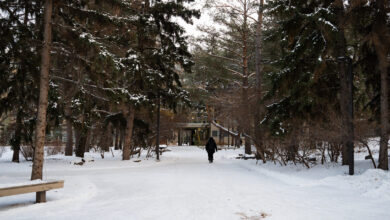
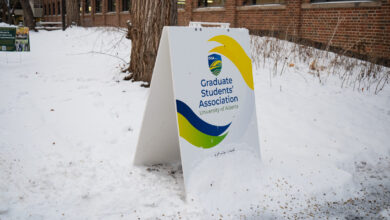
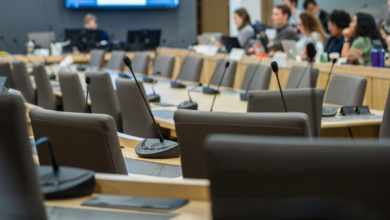
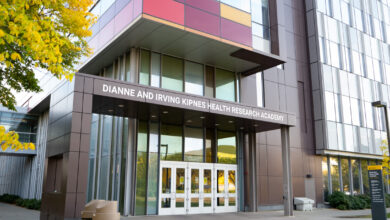
Hi Nathan,
If you’re going to compare statistics between years, it’s important to recognize that the population of the student body has decreased from last year. As well, by-elections vary between years, considering different faculties have vacant seats or not each year. Therefore, it’s extremely difficult to compare the raw number of ballots cast in by-elections each year, and it’s probably more accurate to look at the percentage of students (from Faculties that were voting) that actually cast a ballot, which was 1.2% higher than last year and the highest within the past 5 years.
Now I’m not happy with that, given that it’s still a very low number in my opinion. But comparing it with the realistic output of a by-election, I do think there was greater interest this year, and whether or not that was to GovWeek, that’s up to others to decide.